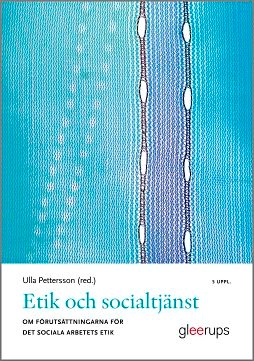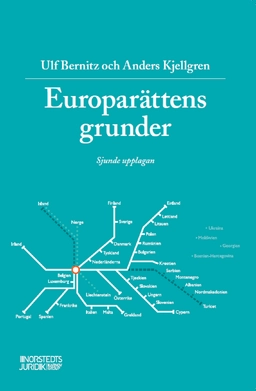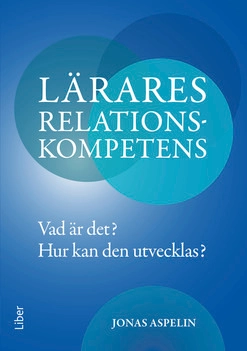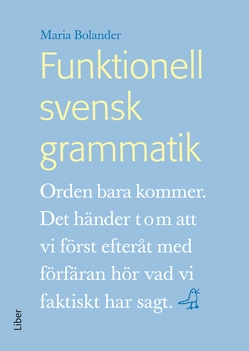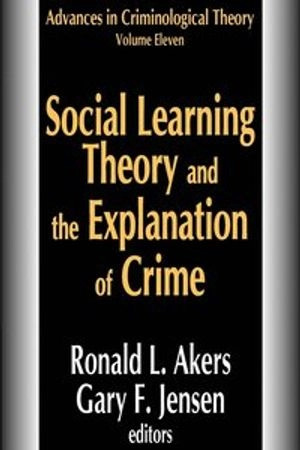

Social Learning Theory and the Explanation of CrimeUpplaga 1
- Upplaga: 1a upplagan
- Utgiven: 2007
- ISBN: 9781412806497
- Sidor: 386 st
- Förlag: Taylor & Francis Inc
- Format: Häftad
- Språk: Engelska
Om boken
Åtkomstkoder och digitalt tilläggsmaterial garanteras inte med begagnade böcker
Mer om Social Learning Theory and the Explanation of Crime (2007)
I mars 2007 släpptes boken Social Learning Theory and the Explanation of Crime skriven av Ronald L Akers, Gary F Jensen, Gary Jensen. Det är den 1a upplagan av kursboken. Den är skriven på engelska och består av 386 sidor. Förlaget bakom boken är Taylor & Francis Inc.
Köp boken Social Learning Theory and the Explanation of Crime på Studentapan och spara uppåt 38% jämfört med lägsta nypris hos bokhandeln.
Referera till Social Learning Theory and the Explanation of Crime (Upplaga 1)
Harvard
Oxford
APA
Vancouver




